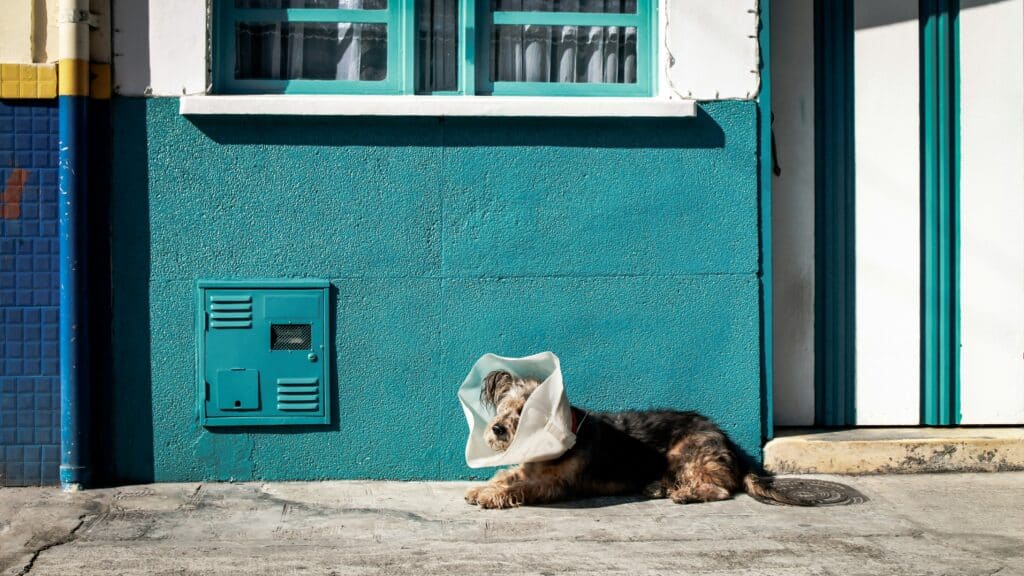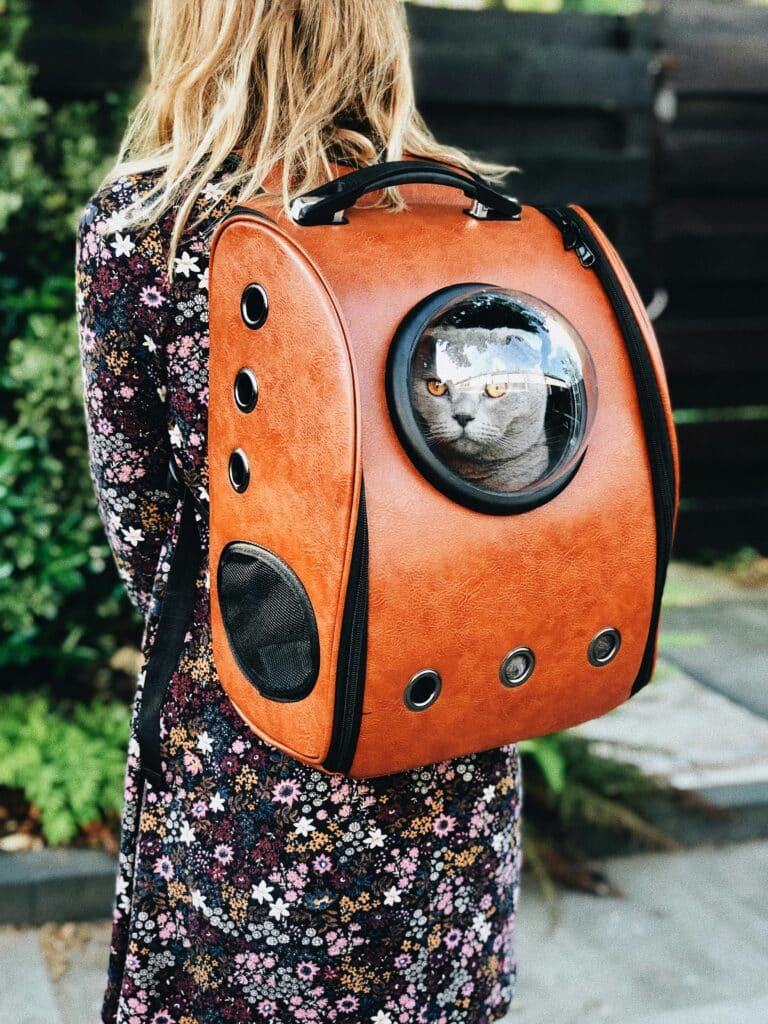Moving abroad is a significant step that comes with a myriad of considerations, especially for pet owners. Relocating with pets involves meticulous planning and adherence to specific regulations to ensure a smooth transition. This article aims to provide essential advice for expats on pet immigration, covering legal rules for various countries, facts to know, and costs associated with transporting pets.
Understanding Pet Immigration Laws
United States of America
The United States has strict regulations concerning pet immigration. Pets must be vaccinated against rabies in order to receive a valid certificate from a licensed vet. For example, if it is the first rabies vaccination shot for the pet, it should be done thirty days before landing. What’s more is that there should be health certificates issued by an authorized veterinarian and obtained from the Centers for Disease Control and Prevention (CDC). Make sure to check the specific age requirements for pet travel on the official government website of your destination country.
European Union
Inside EU member states travel regulations are harmonized regarding pets. The European Union only recognizes pets that have been micro-chipped; have up-to-date vaccinations against rabies and possess a European Union pet passport provided by an authorized veterinary surgeon. The pet passport must contain information on the animal’s microchip number, its immunization records as well as clinical examination reports confirming its fitness.
United Kingdom
After Brexit UK has specific requirements which differs from EU. These include having a microchip implanted; making sure that the animal received its rabies vaccination not less than 21days before travelling and also carrying an Animal Health Certificate (AHC) issued within ten days prior to embarkation/ arrival into UK. Dogs are also required to be dewormed between 24-120 hours before they depart to UK or any other country under PETS.
Australia
To prevent diseases from being introduced into Australia by animals strict quarantine laws are enforced here. Therefore, all companion animals are required to get vaccinated against rabies and obtain a titer report indicating that their blood serum contains no more than specified level of anti-rabies antibodies which was last carried out within six months. In addition, they should spend at least ten days in one of the approved quarantine stations upon arrival.
Japan
This includes implanting a microchip, vaccinating rabies and conducting Rabies Antibody Titration Test. Before departure, pets living in Japan must be kept at home for 180 days in quarantine. Upon entry, there is an inspection to check if necessary health and vaccination requirements are met.
Key Facts to Know
Microchipping
Many countries require pets to be fitted with a microchip as part of their pet immigration process. It helps in tracing the owners whenever their pets are lost. The global standard which should be adhered to is ISO 11784/11785 compliant microchip. Both dog and cat owners must ensure their pets are microchipped, vaccinated, and possess the necessary travel documents for a hassle-free journey.
Health Certificates
Certification from a recognized veterinarian is essential before an animal enters most countries in the world. It proves that your animal is healthy and without any infectious diseases. Get this certificate within the time frame specified before travelling so as not get problems through customs. Pets imported into new countries must meet the health and safety standards set by the respective agriculture department.
Vaccinations
All animals entering foreign countries need a rabies shot while some might also require additional vaccinations such leptospirosis or prevention against distemper or even parvovirus infections. Check all specific requirements of your destination country well ahead of time so as not breach them.

Costs of Pet Transportation
Air Travel
Air travel costs for pets can vary greatly depending on factors like the airline choice, pet size/weight and miles covered. On average moving small sized pets may cost anything between € 200-1000 while bigger ones can go up to € 4000 or higher. Certain airlines may permit bringing cats or dogs into cabin provided they meet specific size or weight limits but elsewise such cannot possibly do it except through cargo hold only
Pet Relocation Services
A pet relocation company can help make the process easier, yet it is an expensive option. These services are responsible for everything required in moving such as paperwork, transportation and customs clearance. Depending on the complexity of the move, pet relocation service prices usually range from €1,000 to €5,000.
Quarantine Fees
Countries with quarantine requirements like Australia and Japan charge for their quarantine period. Sometimes these costs may differ; for example, a ten-day quarantine period for Australia would cost approximately €2,000 which includes accommodation expenses, food bills and veterinary checks.
Additional Costs
Other expenditures to consider include:
- Veterinary Charges: inoculation fees, health certificates and micro chipping charges.
- Travel Crates: Some airlines may require specific travel crates that go at between 50 dollars to 500 dollars depending on the size and material.
- Import Permits: This may be accompanied by additional fees as some countries need import permits.
Preparing for the Move
Veterinary Visit
Book an appointment with your vet to discuss its travel plans. Make sure your pet’s vaccinations are up to date and obtain a health certificate. Your veterinarian can also give you advice on how can your pet withstand stress caused by traveling.
Travel Crate
Ensure you purchase high quality travel crates that abide by International Air Transport Association (IATA) regulations. Your crate should be large enough so that your pet could stand up or lie down comfortably in it. Introduce your pet to the box well before the travelling day so as to minimize their anxiety level because they will know what it entails.

Travel Documents
Make ready all documents needed for travel including vaccination records, health certificates and import permits among others. These documents should have several photocopies that can easily be retrieved when travelling.
Travel Arrangements
Always book early if you want your pet to accompany you during your travels abroad. Confirm with airline’s policies regarding pets’ travel then ensure to comply with all of them. Some airlines do not allow pets on some routes or time hence one has to be flexible.
Acclimatization
Get your pet familiar with travel conditions in a slow manner. Begin by taking short trips so that the pet can be used to traveling in the crate and car. If you can, use certain situations in order not to make your pet anxious on travel day. Whether you have a dog or a cat, ensuring their stress-free relocation should be a top priority.
On Arrival
Customs Clearance
Upon arrival, you are required to present all documents needed by the customs officials. Be ready for possible inspections or additional health checks. Make sure you have a contact of local vet services just in case something goes wrong.
Settling In
Make it easy for your pet when settling down into its new environment by maintaining same routines. Comfort things such as toys they prefer and bedding will help alleviate this changeover anxiety. Keep an eye on your pet’s behavior looking out for stress or diseases if necessary, consult local veterinary officer.
Local Regulations
It is important to understand regulations governing keeping pets including leash laws, vaccination requirements as well registration rules at the place where you are residing currently. Complying with these rules allows an individual integrate into society without any problems, while avoiding legal troubles.
Conclusion
When moving abroad with a pet it requires careful planning and following specific instructions meticulously. Knowing what is legally needed, preparing adequately thus considering the costs involved helps expatriates achieve smooth transition of their pets. By using professional assistance for this matter, owners of animals may focus on other aspects of relocating themselves only more effectively than ever before. With adequate preparation, both you and your animal friend can enjoy life overseas with minimum discomfort being felt by any member of this duo now relocated elsewhere upon international


